Want to raise more money, deepen engagement with your funders, and hold on to your fundraising staff longer?
Then it’s time to understand the way you manage your fundraising efforts with new Leaky Bucket Fundraising Management Assessment.
Back in 2011, we launched the original Leaky Bucket Assessment for Effective Fundraising, the first popular study of the fundraising team. Unlike most popular fundraising studies, the Leaky Bucket doesn’t focus on donor behavior. It focuses on how the fundraising team does its work, measuring nine basic disciplines that either contribute to, or detract from, your nonprofit’s ability to raise money consistently. More than 1500 individuals have participated to date, yet only about three percent of respondents rated their organizations “Watertight.”
Conclusions: too many nonprofits allow their fundraising buckets leak like a sieve.
But we realized we hadn’t gone far enough. The sector as a whole faces serious challenges to its very survival if we don’t get our fundraising house in order. So we built a new, much more sophisticated version of the original survey.
Benefits of the New Version
The new Leaky Bucket Fundraising Management Assessment does many things we were not able to do the first time around.
- Measures your organization’s use of technology to achieve desired results.
- Correlates your fundraising management practices with your ability to achieve desired fundraising results consistently.
- Requires the participation of the entire fundraising team, including grants, corporate relations, annual fund, major gift work, marketing an outreach PLUS senior leadership and the governing board.
- Reporting via a data-visualization dashboard.
- Pinpoints areas most in need of urgent improvement.
- Available to you for a minimum of one year, to track progress.
The Disciplines of Greatness
Great management is not “business thinking.” It’s not, may the goddess forbid, bizplaining. As Jim Collins, author of Good to Great and the Social Sectors, has said,
“Most businesses – like most of anything else in life – fall somewhere between mediocre and good. Few are great. When you compare great companies with good ones, many widely practiced business norms turn out to correlate with mediocrity, not greatness. So, then, why would we want to import the practices of mediocrity into the social sectors?”
We are advocates of great management. Great management translates into the following:
- Ensuring that your people know – deeply – the value of your mission and the joy of achieving impact.
- Making sure your people understand the characteristics of those most likely to become deeply engaged advocates, financially and in other ways.
- Supporting your people so they can invest as much time as possible in identifying, acquiring, and retaining those advocates for years.
- Clarifying why your people are raising money, and making sure they know how to do it.
- Removing obstacles to success, like out-of-date technology or poorly focused marketing, so they can do their best work without delay or disruption.
- Avoiding overburdening your team with too many activities, responsibilities, or interruptions
- Providing resources they need, like opportunities for professional development and membership in key trade associations (like AFP).
- Offering compassion and understanding to your fundraising team. They do very difficult jobs, often with little reward, and your mission would not succeed without them.
But you can’t fix things if you don’t know they’re broken.
Strategic Management
Here’s a simple example. Donor retention is a huge problem and it’s only getting worse. But most efforts to retain donors are largely tactical: donor recognition events, attention to stewardship, and so on.
A strategic approach to improving donor retention rates is as simple as can be. Assign a desired level of donor retention rates to your team, and track their progress against that target.
Making sure your fundraising team knows what is expected of them, and how their success is being measured – this is a discipline of greatness.
Some disciplines are fairly easy to implement, while others may be more difficult. But all of them add up to improved performance, and a happy and engaged workforce.
To be precise, your fundraising bucket is not leaking because donors don’t like you, because the economy is whacky (when isn’t it?), or because of the invasion of the pod people. At least one major contributor to a leaky fundraising bucket is your failure to provide great management support to the team.
The bucket is leaky because you’re not managing it. And you can’t plug the leaks unless you can find them.
This new version of the Leaky Bucket is right for you if:
- your organization includes a fundraising team of at least three dedicated employees;
- You can provide at least twenty people to participate in the initial survey (fundraising, grants, corporate relations people; marketing people; senior leadership; governing board);
- And your annual income is at least $2 million dollars.
Please contact us now to become an early adopter of The Leaky Bucket Fundraising Management Assessment. The more data we have, the more accurate and predictive we can be – for you, and for the sector as a whole.


